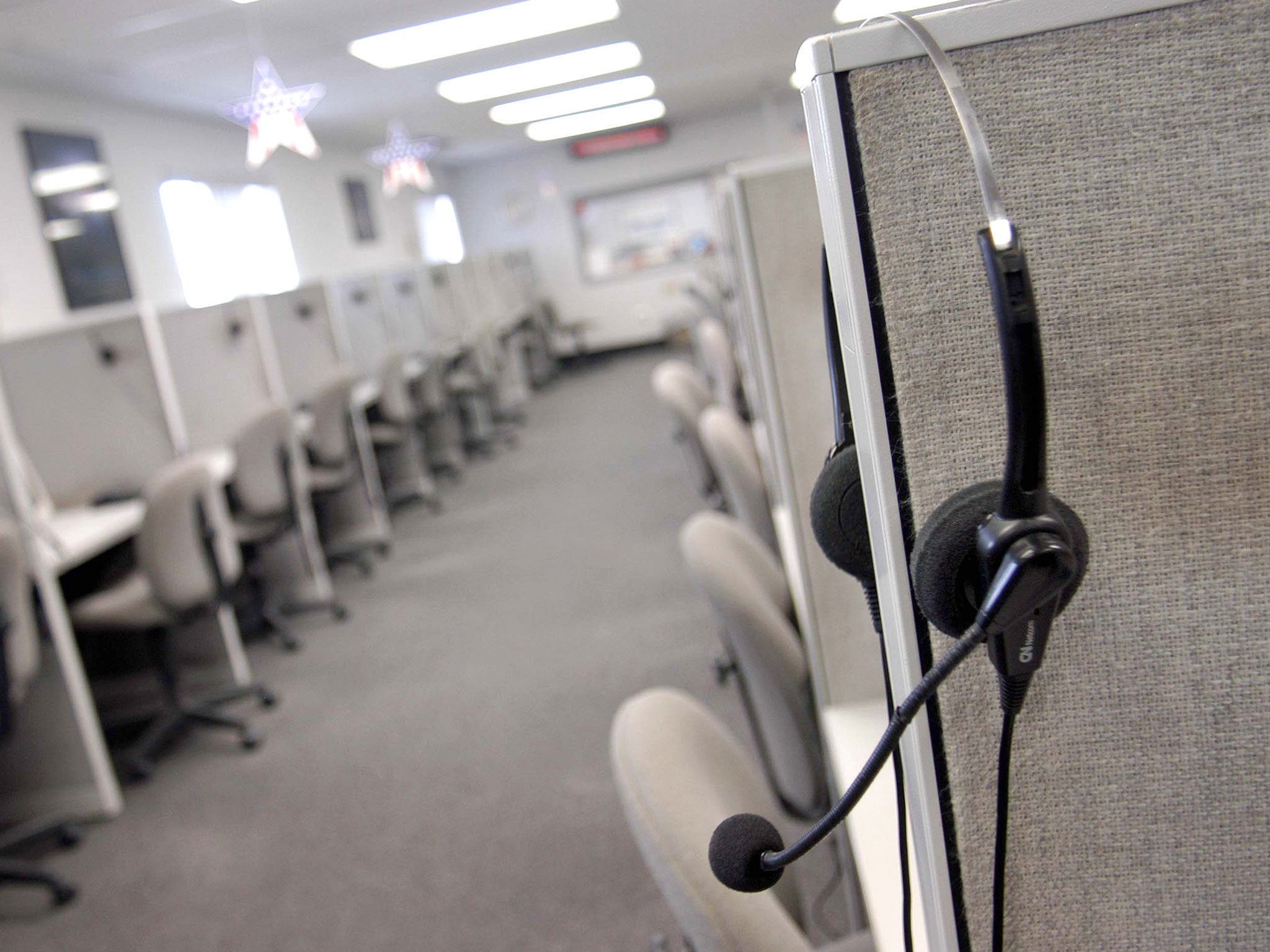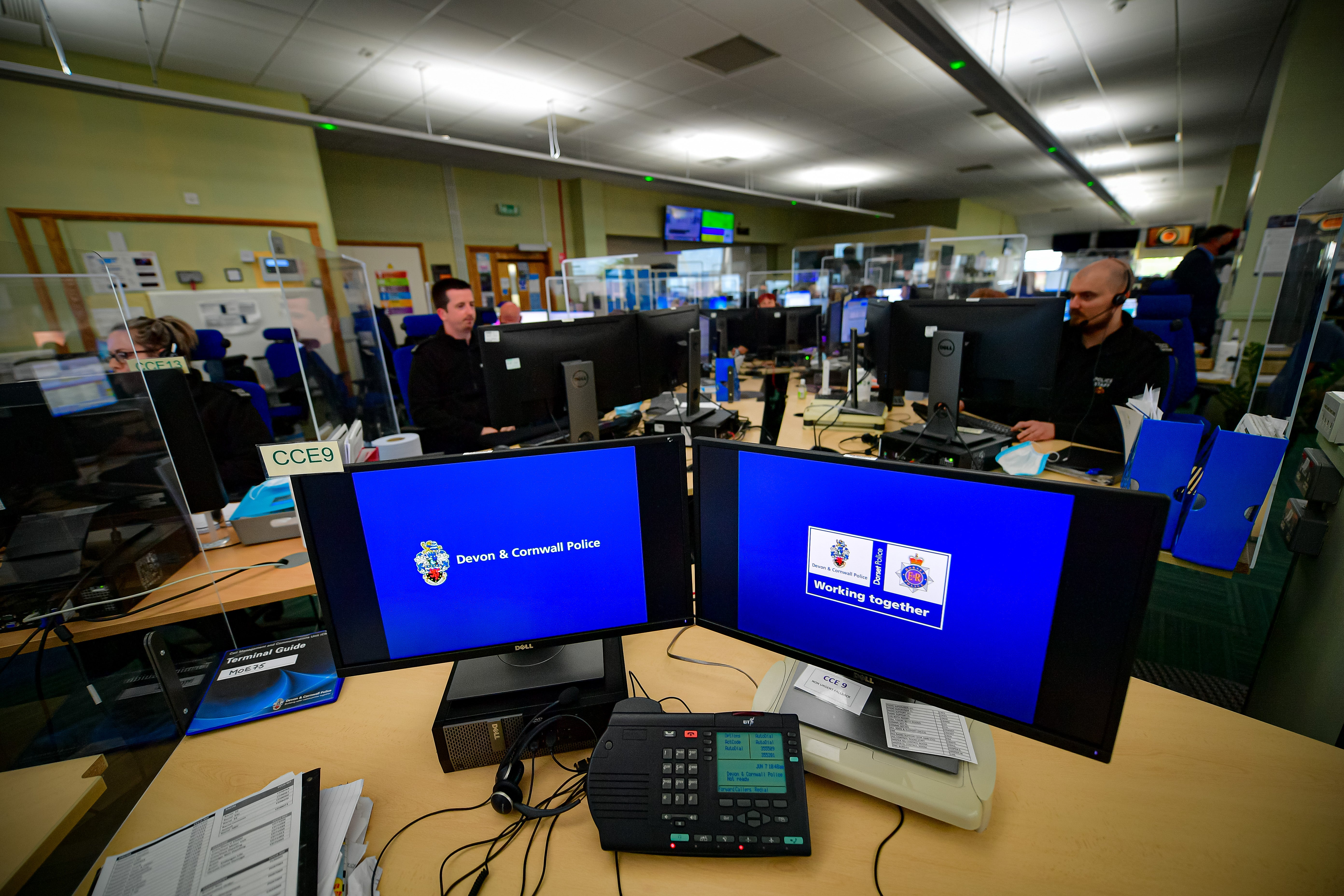BT slapped with huge fine after ‘catastrophic’ 999 failure

Your support helps us to tell the story
From reproductive rights to climate change to Big Tech, The Independent is on the ground when the story is developing. Whether it's investigating the financials of Elon Musk's pro-Trump PAC or producing our latest documentary, 'The A Word', which shines a light on the American women fighting for reproductive rights, we know how important it is to parse out the facts from the messaging.
At such a critical moment in US history, we need reporters on the ground. Your donation allows us to keep sending journalists to speak to both sides of the story.
The Independent is trusted by Americans across the entire political spectrum. And unlike many other quality news outlets, we choose not to lock Americans out of our reporting and analysis with paywalls. We believe quality journalism should be available to everyone, paid for by those who can afford it.
Your support makes all the difference.BT has been fined a huge £17.5 million for failing to respond to a more than 10-hour outage of its emergency call system last summer.
Ofcom said on Monday that the telecoms giant suffered a network disruption in June 2023 which lasted 10-and-a-half hours and hit 14,000 emergency calls from 12,392 callers.
The watchdog said BT did not have “sufficient warning systems” in place, and that it did not have “adequate procedures” to assess the severity or impact of the outage, or to work out how to mitigate it.
Ofcom said the disruption was found to be a configuration error in a file on BT’s server, which caused call handling agents’ systems to restart as soon as they received a call during the first hour of the crisis.
It led to responders being logged out of the system, calls being disconnected or dropped upon transfer to the emergency authorities, and calls being put back in the queue.
BT was unable to find the cause of the issue and attempted to switch to its disaster recovery platform about an hour after the problem emerged, but that process failed because of “human error”.
“This was a result of instructions being poorly documented, and the team being unfamiliar with the process. The incident grew from affecting some calls to a total outage of the system,” Ofcom said.
More than two hours after the issue started, BT got the disaster recovery platform up and running, but the usual service was “not fully restored initially as the disaster recovery platform struggled with demand”.
The issue, described by Ofcom as a “catastrophic failure” of the emergency call service, lasted from 6.24am to 4.56pm on Sunday June 25 last year.
Ofcom found that the problem also caused disruption to text relay calls, which meant people with hearing and speech difficulties were unable to make any calls, including to friends, family, businesses and services.
“This left deaf and speech-impaired users at increased risk of harm,” Ofcom said.

It added that the disaster recovery platform “had insufficient capacity and functionality to deal with a level of demand that might reasonably be expected”.
Suzanne Cater, Ofcom’s director of enforcement, said: “Being able to contact the emergency services can mean the difference between life and death, so, in the event of any disruption to their networks, providers must be ready to respond quickly and effectively.
“In this case, BT fell woefully short of its responsibilities and was ill-prepared to deal with such a large-scale outage, putting its customers at unacceptable risk.”